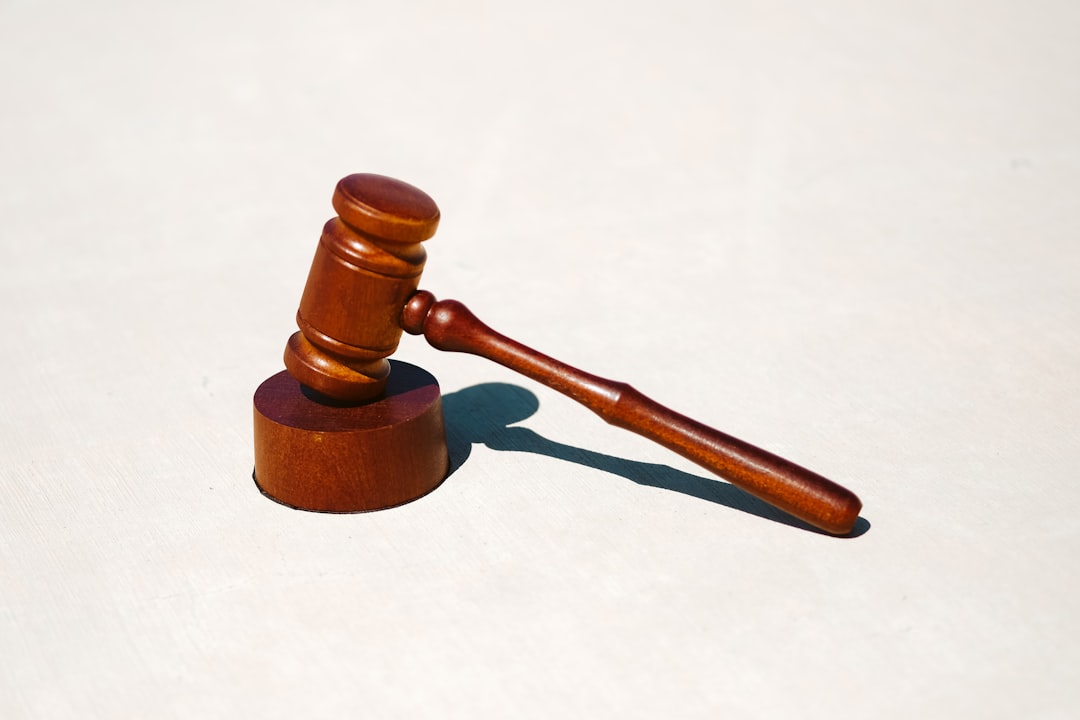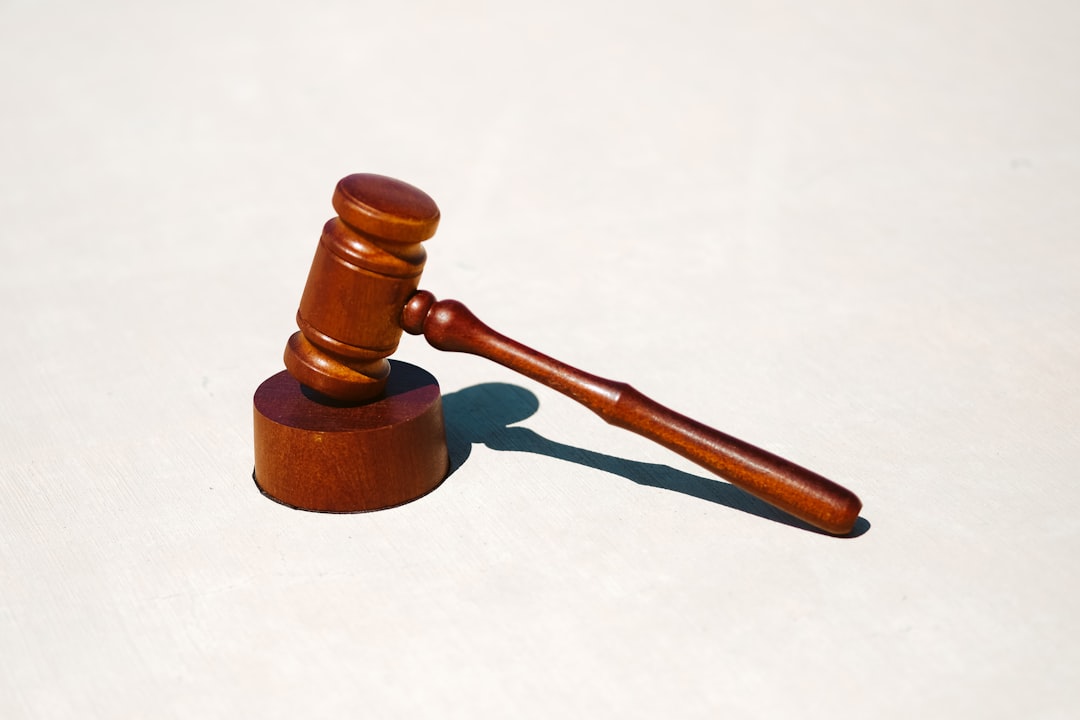In New Jersey, advocating for sexual abuse survivors is paramount. Understanding state laws, recognizing resources, and knowing legal rights are crucial steps towards justice. This article guides you through navigating New Jersey’s legal landscape regarding sexual abuse. We explore resources and organizations supporting survivors, the role of a dedicated sexual abuse lawyer, and advocacy strategies that promote healing and empower individuals to seek justice.
Understanding New Jersey's Laws on Sexual Abuse

In New Jersey, sexual abuse is taken extremely seriously, with laws in place to protect survivors and hold perpetrators accountable. If you or someone you know has experienced sexual assault, understanding your legal rights is a crucial step towards healing and justice. A sexual abuse lawyer in New Jersey can guide survivors through the complex legal system, ensuring they receive the support and compensation they deserve.
The state has established strict statutes of limitations for sexual abuse cases, which vary depending on the type of offense. These laws provide a time frame within which survivors must file their claims. Additionally, New Jersey offers various resources for victims, including crisis hotlines, support groups, and legal aid organizations dedicated to assisting sexual abuse survivors. It’s important for individuals who have suffered from sexual misconduct to know their rights and connect with professionals who can help them navigate the legal process.
Supporting Survivors: Resources and Organizations in NJ

In New Jersey, survivors of sexual abuse can find a range of resources and organizations dedicated to supporting them on their journey towards healing. These include specialized legal firms like those offering services of a sexual abuse lawyer New Jersey, which provide legal representation and advocacy for victims seeking justice. Many non-profit organizations also offer crucial support services such as counseling, hotlines, and safe shelters. These organizations not only help survivors cope with the trauma they’ve experienced but also guide them through complex legal processes if needed.
Additionally, there are community-based groups that foster a sense of belonging and mutual support among survivors. These networks facilitate sharing of experiences, offer advice, and promote awareness about sexual abuse to further empower victims. Together, these resources and organizations create a robust support system for sexual abuse survivors in New Jersey, helping them reclaim their lives and find closure.
Navigating Legal Proceedings: The Role of a Sexual Abuse Lawyer

Navigating legal proceedings after experiencing sexual abuse can be incredibly daunting, especially for survivors in New Jersey. This is where a dedicated sexual abuse lawyer steps in to provide much-needed support and guidance. Their expertise lies in understanding the unique complexities of such cases, ensuring survivors’ rights are protected throughout the process.
A sexual abuse lawyer in New Jersey will assist clients in gathering evidence, interviewing witnesses, and constructing a strong legal argument. They advocate for survivors, helping them find justice and closure through various avenues, including civil lawsuits against perpetrators or institutions responsible for the abuse. These lawyers also play a crucial role in criminal cases, supporting survivors during trials and ensuring that the perpetrator faces consequences under the law.
Healing and Justice: Advocacy Strategies for Survivor Empowerment

Healing and justice go hand in hand when advocating for sexual abuse survivors. A sexual abuse lawyer in New Jersey plays a vital role in empowering victims by providing legal representation and guiding them through the complex system. They ensure that survivors’ voices are heard, their rights protected, and they receive the support needed for emotional healing.
Effective advocacy strategies include offering confidential support services, connecting survivors with specialized therapists, and facilitating access to legal remedies. By navigating the often-labyrinthine justice system, these lawyers enable survivors to take control of their narratives, find closure, and foster a sense of empowerment. This holistic approach not only pursues justice but also facilitates the profound process of healing.





